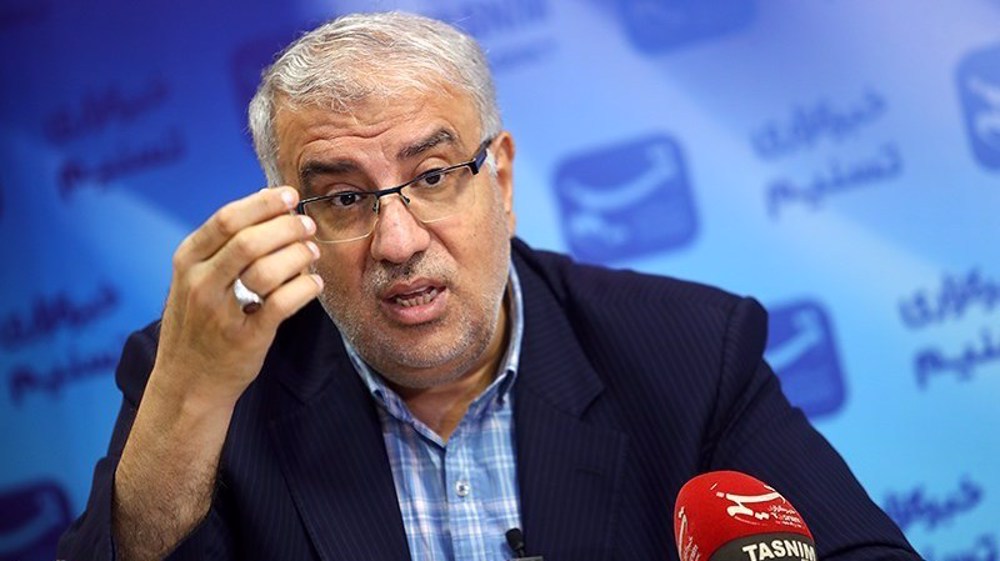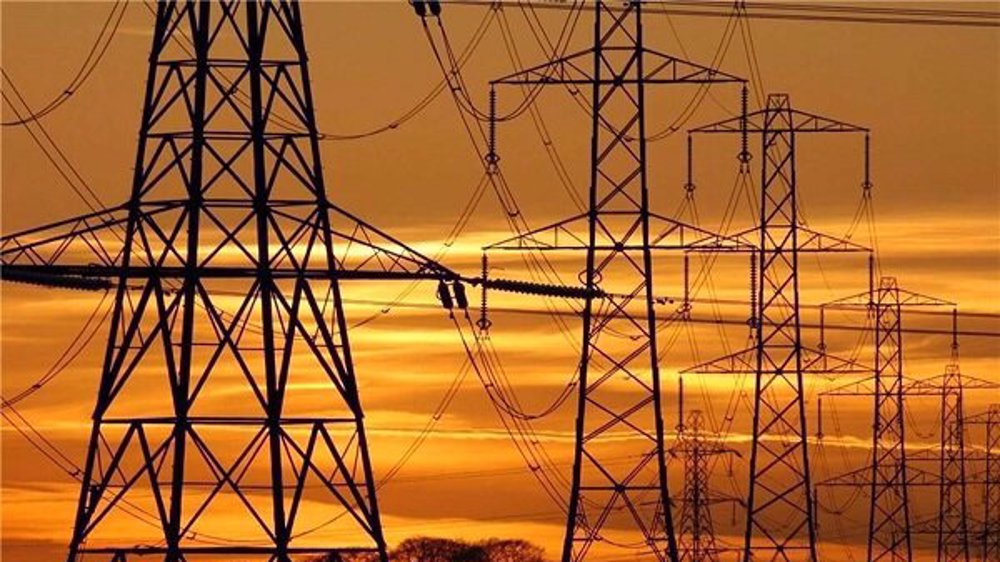Ciech halts Iran trade amid Poland ‘empathy’ for US
Poland’s Ciech Group, one of the leaders on the European chemical industry, has halted trade with Iran after the country’s top diplomat called on the EU to show “great empathy” towards US motives in reimposing sanctions on Tehran.
The group’s Ciech Trading subsidiary announced taking deliveries of Iranian polyolefins to be sold on European markets last September, but the company said on Monday it was not “importing or delivering” any product from Iran.
Ciech will address the question of whether to continue importing polyolefins from Iran if and when another business opportunity presents itself, the group’s spokesman Miroslaw Kuk said.
“If and when such plans are in effect, then we will proceed according to the binding international law, especially the regulations regarding cooperation with Iran,” he told the Independent Chemical Information Service (ICIS).
Ciech Trading imported polyethylene and polypropylene products from Tehran-based Jam Petrochemical Company, Jam Polypropylene Company and Persian Gulf Petrochemial Industry Commercial Company.
Poland’s dominant gas firm PGNiG announced earlier this month that it was suspending a gas project in Iran because of the risk from US sanctions.
Meanwhile, state-run Polish refiners PKN Orlen and Lotos which have been buying spot cargoes of Iranian oil since 2016 are possibly about to stop them even though they have not publicly said anything yet.
PKN Orlen took in a shipment of 130,000 tonnes of Iranian crude oil at the Baltic seaport of Gdansk last month.
But the biggest Polish oil refiner and its peers are certainly about to take further note after the country’s Foreign Minister Jacek Czaputowicz last week waded into the political play and said the EU should heed planned US sanctions on Iran.
His statements came as the Europeans decide how to address American sanctions against Tehran which has given the bloc “weeks” to come up with a package of economic measures to offset the US pullout from the nuclear deal.
The European Commission this month launched "the blocking statute" process to protect Europeans from US sanctions on Iran as part of efforts to preserve the nuclear deal with Tehran.
Czaputowicz, however, said Warsaw — a staunch ally of Washington — had not decided yet whether to back the ban, potentially complicating a decision that needs unanimous backing from the EU’s 28 members, Reuters reported.
“During discussions within the EU, we will emphasize the need to consider the motives of the United States and a greater empathy towards them,” the news agency quoted him as saying.

The top diplomat took issue with European companies doing business in Iran, saying that “economic considerations appeared to take precedence” in EU talks with Iran.
Poland has been on a collision course with the EU over issues ranging from the rule of law, energy policy and logging in an ancient forest ever since the right-wing Law and Justice (PiS) came into power in 2015.
Czaputowicz said EU countries should weigh broader security issues during discussions about policy on Iran such as Russia’s role in eastern Europe.
“It doesn’t seem there is a direct link, but this is another issue we need to resolve,” he said.
VIDEO | Press TV's news headlines
July 26: ‘Axis of Resistance’ operations against Israeli occupation
Palestinian resistance fighters hit Israeli Merkava 4 tanks
VIDEO | UK police brutal assault on Muslim family sparks outrage, protests
Hamas: Death of leader in Israeli jail amounts to murder
EU sends €1.5 billion to Ukraine from frozen Russian assets
VIDEO | Millions of Yemenis rally for Gaza, call for more anti-Israel operations
UN chief calls for Olympic truce as games begin in Paris











 This makes it easy to access the Press TV website
This makes it easy to access the Press TV website